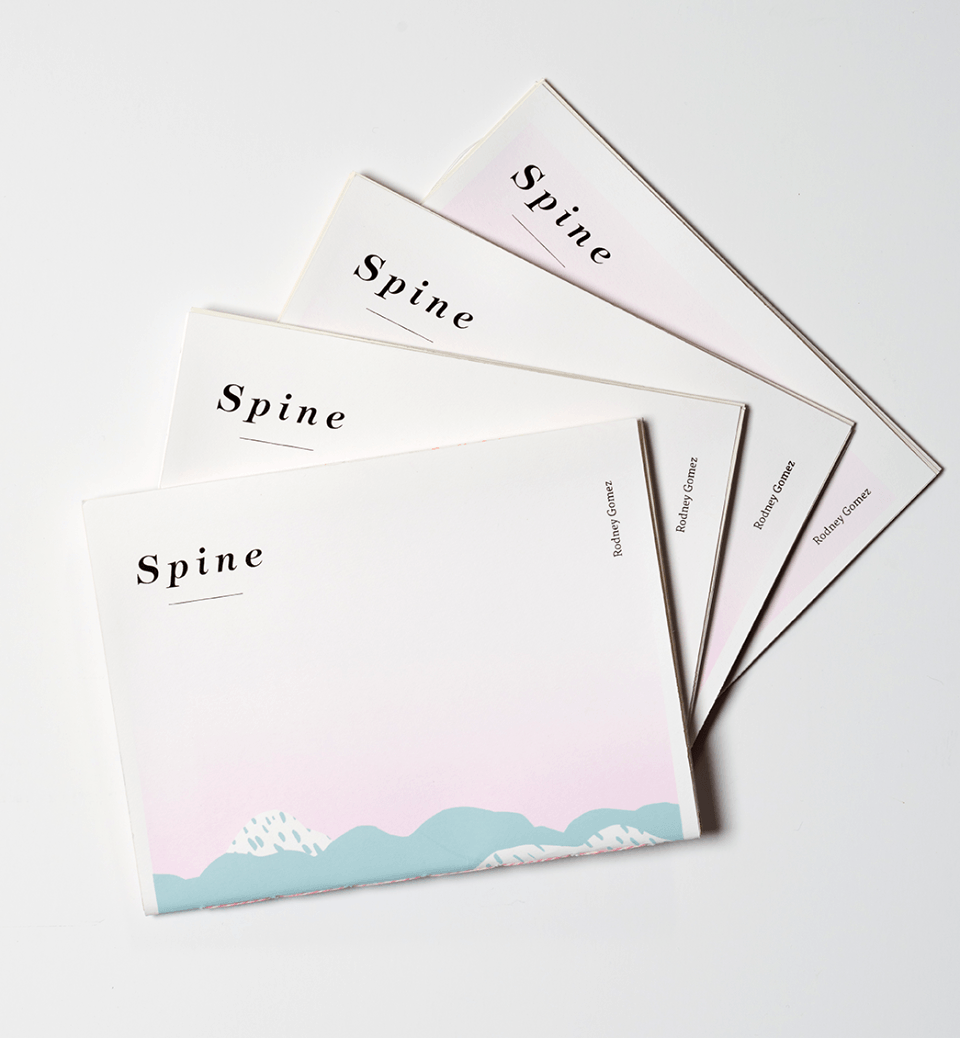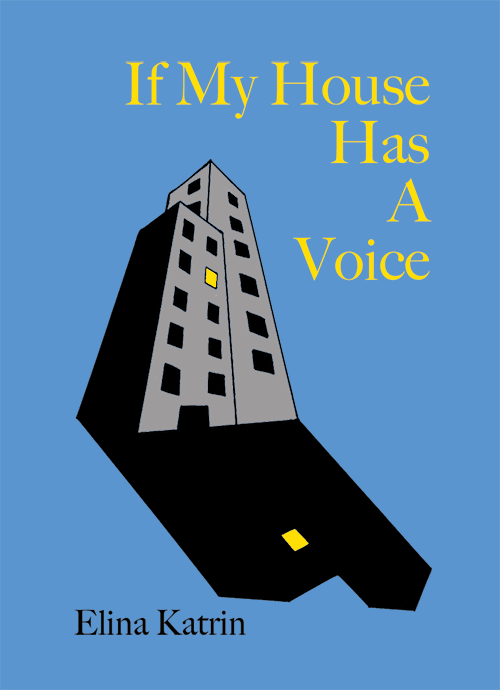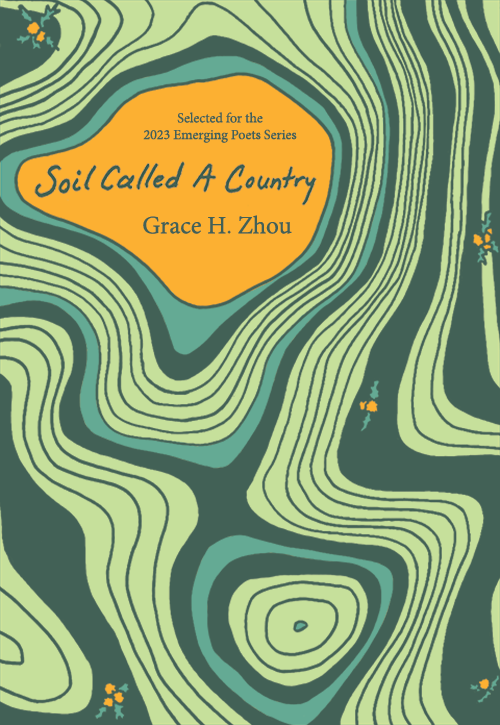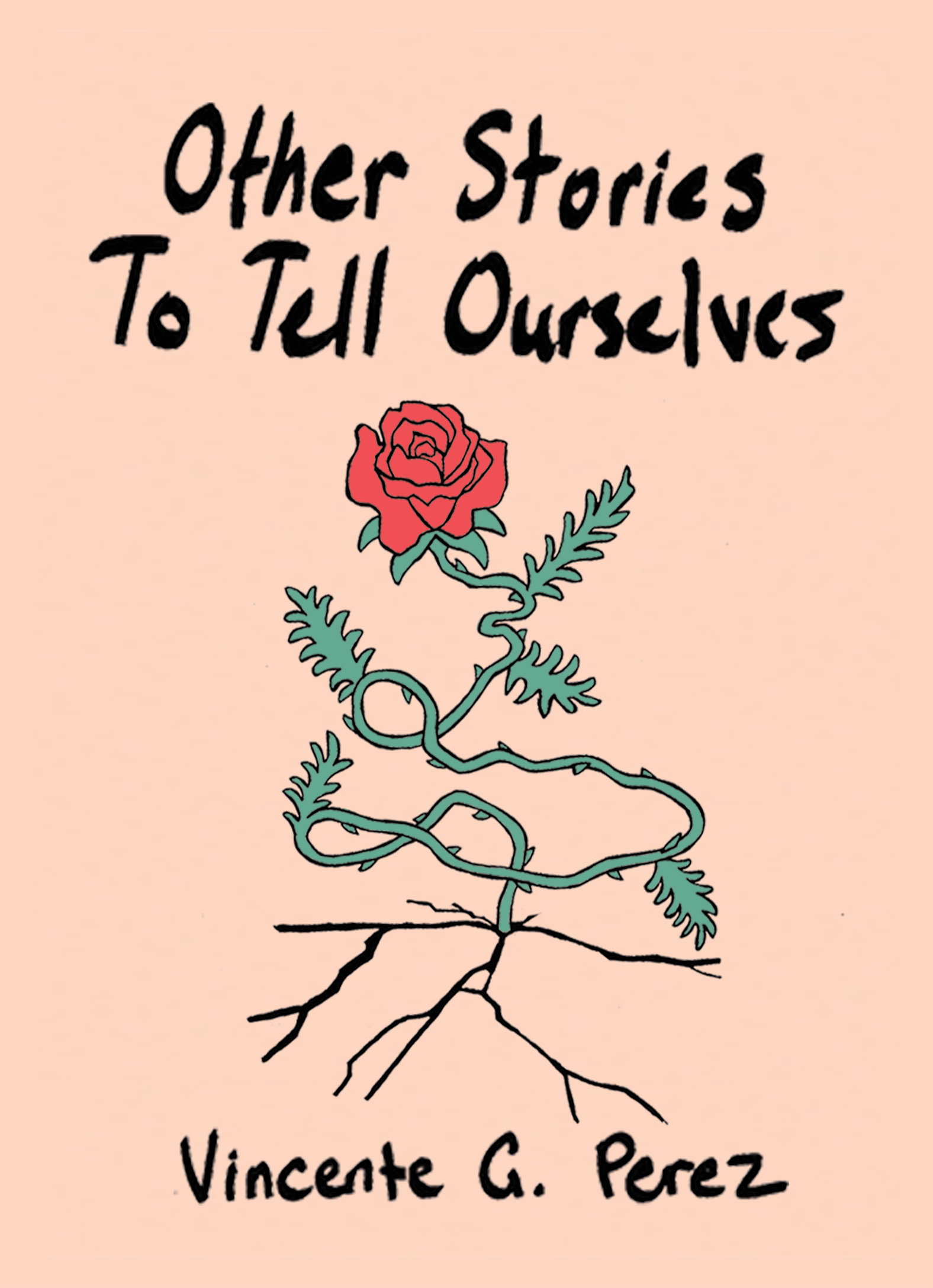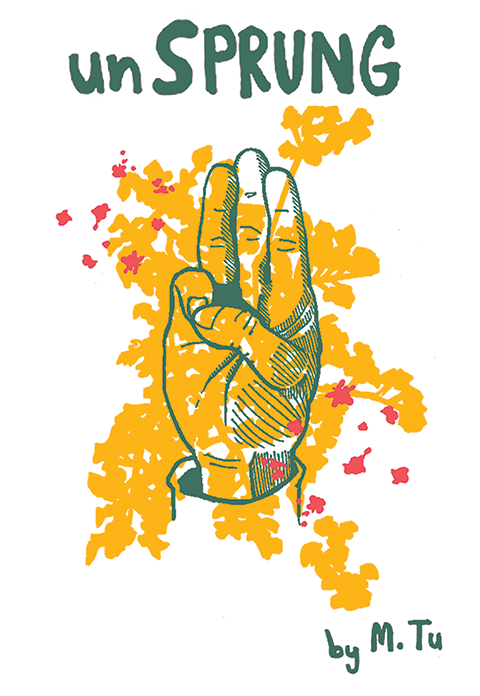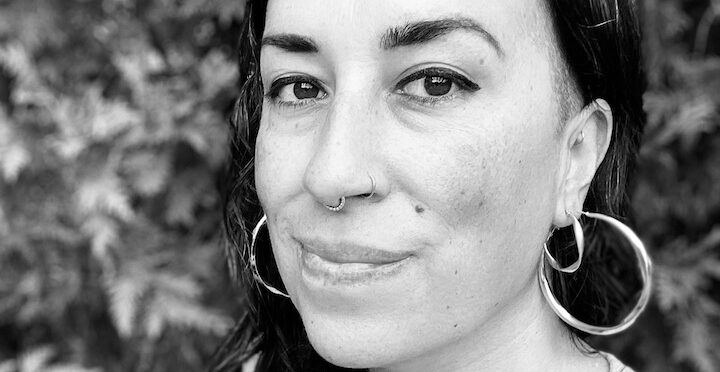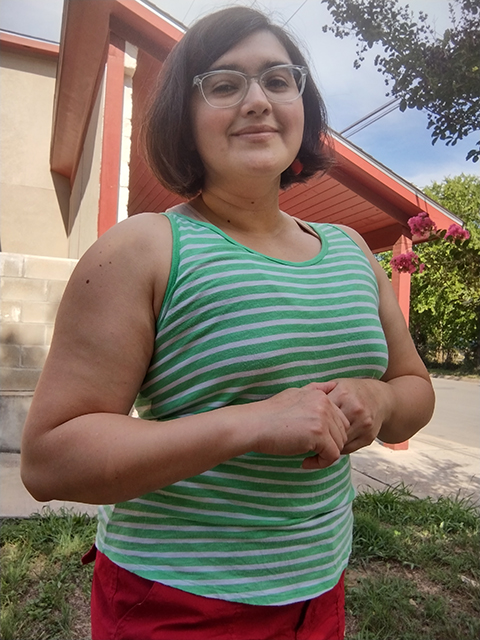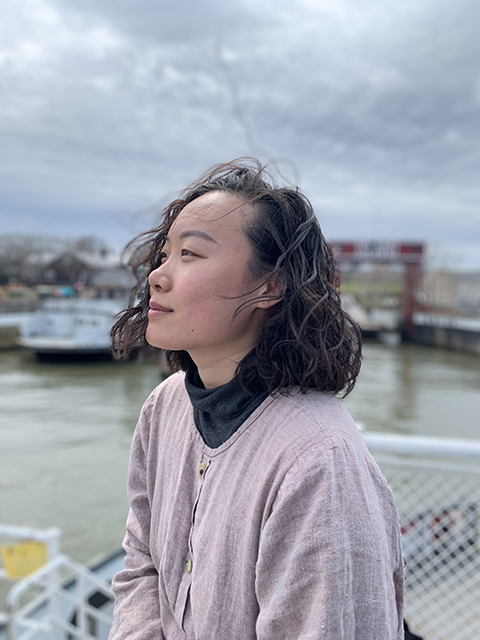If My House Has A Voice • Print + E-book
Summary
If My House Has a Voice serves as a guide through the immigrant narrative. A blurring of foreign and familiar, a tapestry of cultures and form, this debut chapbook attempts to decode the elusive: language, borders, and (un)belonging. The poems in If My House Has a Voice move across Syria, Russia, and America, inviting us to look beyond ourselves, into the ground and the people that shape us.
Details
Praise
“With If My House Has a Voice, Elina Katrin offers up a vivid, complex, multilingual self-portrait that is also a delightful, sharply rendered tribute to the myriad places and people to whom she belongs. These are poems that move, formally and emotionally: couplets leap across caesuras, ‘lax vowels jaw,’ and histories meet in ways that catalyze a vibrant, surprising, embodied new music. Katrin’s verse makes every sense come alive.”
—Gabrielle Bates, author of Judas Goat
“In her auspicious debut If My House Has a Voice, Elina Katrin probes the house of her own becoming, the meeting place of Syria (through her father) and Russia (through her mother)—trying to make a home in a third language (English) and country (America). With elegant, surprising enjambments, and pirouetting turns of phrase, her poems invite us into its confusing and beautiful rooms. A ‘wannabe runaway,’ she observes in ‘Call This Anguish Home,’ she finds that ‘there is no route / I can take that won’t lead me home.’”
—Philip Metres, author of Sand Opera
“If My House Has A Voice is a passport of sorts; an invitation to traverse the neon fro-yo signs of L.A., the metro winds of St. Petersburg, the over abundance of Miami palms, and to see the moon rising over the mountains from the dance floor of a sticky Virginia bar. Elina Katrin acts as psychopomp between the deeply sensual world we know and another world slightly beyond description, knowing, or language. If My House Has A Voice yearns, ‘Let there be a room to feel in a language/ without speaking it.’ Katrin’s collection elegantly, incandescently, creates this room, invites us in, and creates a space intimate enough for us to meet ourselves, wherever we may be.”
—Candice Wuehle, author of MONARCH
“Tender and vulnerable yet not without humor, Elina Katrin’s If My House Has a Voice explores her Russian and Syrian roots and a longing for home by declaring ‘My America is Funfetti but selfish.’ Moving through questions of faith, religion and language, the speaker is ‘invincible’ amid in the searching itself, among the celebrated ‘Van Gogh’s almond blossoms’ and Northwest St. Petersburg—which she calls ‘the truest appendix of the city’—with references to Harry Potter’s ‘7.50 Butterbeer’ that leads to ‘a tempting, Twinkie-paved road,/every bite taking me further //from home.’ And just when it seems an accident might slow her down and change everything (‘‘Titanium,’ I thank my bionic joint’), we, like the speaker are left not with pause or surrender but a candor that opens the collection back up, to be enjoyed from the very beginning again, in many more rereadings: ‘I don’t know what language He wants me to speak. But this is my house, and I am honest in it.’”
—Rosebud Ben-Oni, winner of the Alice James Award for author of If This Is the Age We End Discovery
“In If My House Has a Voice, Elina Katrin takes us on an intimate journey of language, culture, and the multiplicity of identity. Moving us through Russia, Syria, and America, the boundaries of these countries collide and resist a linear narrative, instead creating an ever-evolving circle of movement. With a language that is startling in its truth, each poem forms on the page like a painting evoking the desire to be understood. Beneath the larger narrative, we feel the push and pull of a child caught in the stranglehold of parental pressures and multiple cultures, grasping for a foothold that can ground her. This collection calls on the reader to hold each poem as a fragment of identity that reveals the poet’s struggle to find belonging through languages whose fluency remains elusive.”
—Pauline Kaldas, author of The Measure of Distance
Author
Born to a Syrian father and a Russian mother in St. Petersburg, Russia, Elina Katrin is now bicoastal, residing in-between Southern California and Northern Virginia. A baking enthusiast, she holds an MFA in Creative Writing from Hollins University. Her writing received support from the Tin House Workshop, the Los Angeles Review of Books Publishing Workshop, and The Speakeasy Project. A semi-finalist for The Pablo Neruda Prize for Poetry, Elina’s work was longlisted for Frontier Poetry’s New Voices Contest and has appeared in Nimrod International Journal, bath magg, Hooligan Mag, The Fourth River, New World Writing Quarterly, and elsewhere. When not writing, she works with Mizna and can be spotted video chatting her dog back home or tweeting @linakatrin.
Artwork
Cover by Nora Kelly.


